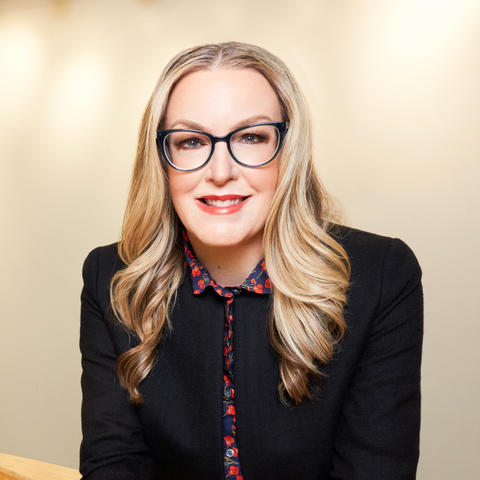Section Branding
Header Content
Legendary Live Aid co-creator Midge Ure on a generation of music activism: 'Wow, this is us!'
Primary Content
Midge Ure is known in the music industry and among fans as one of the most hardworking, multitalented and genuine players in the business.
The Scottish singer, guitarist and keyboardist has worked with iconic acts such as Thin Lizzy, Visage and Ultravox and enjoys a successful solo career with hits "If I Was," "Dear God" and "Breathe."
He co-wrote and co-produced the 1984 Band Aid charity single "Do They Know It's Christmas?" with Bob Geldof to raise funds to fight an Ethiopian famine. That song turns 40 in November, with interviews and promotion planned.
Geldof and Ure also organized the 1985 global concert, Live Aid, watched by 2 billion people in 150 countries—and they continue to engage in charitable projects through the Band Aid Trust.
Ure is currently in the middle of a North American tour and makes a rare appearance in Atlanta at The Earl on Sunday, Sept. 8, 2024 where he performs songs from his Band in a Box outing.
He spoke with GPB's Kristi York Wooten about the camaraderie of putting together Live Aid with his peers —and the setlist of songs he's playing on the road now. Below are excerpts from the conversation.
On how he chose the songs for the Band in a Box tour
I chose a combination of the tracks I thought people might recognize because of college radio back in the 80s, or the independent radio stations, or things they may have seen on MTV... So, I delved into some of that, and I have to satisfy myself as well. I can't just go out there and churn out the old hits forever. It becomes painting by numbers if you're not too careful about it. I try and avoid making it stagnant or stale or whatever. So, I chose songs that I still certainly enjoy playing. That makes up the setlist. We've even thrown in "Astradyne," a five-minute-long instrumental piece right in the middle of the set. And I think people are really surprised that I don't keep "Vienna" or "Dancing With Tears in My Eyes" or whatever until the very end of the set, like most people do. I've staggered the set so that it's got its highs and lows and its moments and the breathing space. So it seems to work incredibly well.
On working with Beatles producer George Martin back in the day
I've described him many, many times in the past as a cross between your father and your favorite schoolteacher. He was so knowledgeable and so funny. He was such a raconteur. He just told you a brilliant story. I mean, sitting in a room and the man's telling you stories about the Beatles. It was just ludicrous... There was a moment when I was singing, when we were doing recording with him at Montserrat Air studios, George and his engineer, Geoff Emerick. George turned to Geoff and said, "The vocals aren't sounding quite right. Do we have John's mic?" And I'm wondering "What's going on?" And this thing appeared, this is an old microphone that was John Lennon's vocal mic. And then [George] got it set up, and I was scared to go near this thing. I think, "I'm singing in John Lennon's mic!" ... Plus the fact that Ultravox were a difficult band to tell what to do or to guide. So we needed someone who commanded huge respect so that when he said, "Hey, I think you need to rethink the ending here," that we would actually listen to him take heed. So it was a brilliant experience.
On the camaraderie of musicians who performed for Band Aid and at Live Aid
There is a camaraderie. It felt like something seismic was happening around that period and it was simple for the artists to kind of step up and do their thing. We weren't being asked to climb a mountain. We weren't being asked to fly a 747 or perform brain surgery, something difficult. We wanted us to do what we do. You step on stage, and you perform. So it was quite simplistic in its way. And there was a bonding. I didn't know half the artists personally, who were on there, but I know them now. I think maybe back in the day and certainly the early 80s, if you were doing a television show with a bunch of artists, you'd be too busy sucking your cheeks in and looking haughty in the corridor as you walk past someone. But that was about it. But it all seemed to change round about the mid-eighties, and that was a feeling of, "Wow, this is us. We are doing this. We're giving something back."We were using a platform that we created that's deemed fluffy and disposable. And all of the sudden we were, for a short period, showing governments the way. We were showing them and showing them up, embarrassing them into having to do something. And that makes you feel like part of the club not that you were doing anything particularly brilliant yourself, but there's a power in a crowd. One person standing up saying, "This is wrong" doesn't get heard. A million people standing up saying, "This is wrong," there's a whole different ballgame. So 2 billion people watching Live Aid standing up saying, "This is wrong," — can change the earth's tilt on its axis a little bit.


